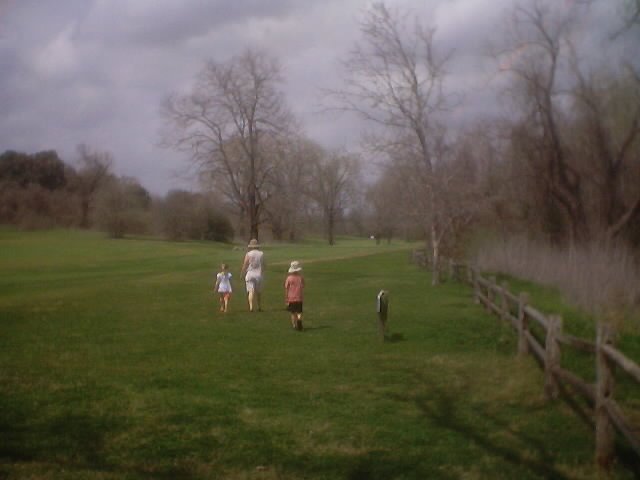“But the more you learn, the more you realize that we’re just scratching on the surface of life. We don’t know the whole story about anything.” ~Finally, The Spleen Gets Some Respect
For the first time in my life, I've gotten genuinely and personally interested in history. Previously, I might be amused by history. I might wonder, in passing, about history. I could acknowledge history was generally important. But until recently, I didn't really personally care so much. Then a couple of months ago that guy on that movie trailer for that cool movie about the demise of food said, "Our food has changed more in the last 50 years than it has changed in the last 10,000."
I've been smoking that thought awhile. I've been perusing Nourishing Traditions. I like what Sally Fallon has to say. But a whole bunch of the time, she appears to be passing her opinion off as science. But she has tried to put a modern spin on old food - the whys and the hows, and I appreciate the effort.
I've been listening to a controversial argument in town. Should citizens be allowed to keep goats or chickens in the city limits? Here too, folks pass their opinions off as fact. Its amazing what people will say, and believe, if opinions are stated forcefully enough, with the sound of authority. One person, with righteous indignation, said that meat goats can not give milk. Just as "cow steers" don't give milk. Oh how I rolled my eyes. That statement is but one perfect argument for why we need more common citizens growing their own.
What else did our ancestors know about food that we have lost? And how can we find out what they were eating, exactly? Cook books? But before the industrial revolution, no one used cook books did they? Firstly, owning any book was an exceptional extravagance. And everyone knew how to grow and make food. Imagine not knowing how to feed yourself. In modern parlance that would be like a house wife who did not know how to use her bank card, buy her boxed cereals and Swannson's "dinners," nor use the microwave. Back then it would be inconceivable not to know how to cook.
It wasn't until after the industrial revolution that food began to change - slowly at first. So the best we can do, is look to very old cook books. But its a sad quandary of lost information. Who puts the average and common information in a book? Who wrote down what Granny taught through example and at her knee? Special food tends to go into cookbooks. Time for some research. I need an archival librarian.
History. Who knew it would start to feel as personal as the chicken's eggs, how to slaughter the rooster, or what to do with him after we lopped off his head? By the way, we're having quiche for dinner made with goat milk, eggs from the backyard, fresh basil, and tomatoes from the garden. Dinner is as nice a place to look for history as I can imagine.

5 comments:
That dinner sounds delicious. How timely your post is. We've been doing a lot of thinking about food around here lately. It's a whole different kind of history lesson than they teach in schools, for sure.
You've stumbled upon one of my passions, and it's a good thing, I think, to be passionate about.
Rae, do you mean history, cookbooks, food, or all of the above? My Hot-brarian husband found a cookbook for me from 1817. ! Is that not awesome? I think its in an archive in D.C. Meet me there?
Also, Rae, I have a cookbook from Louisiana with no numbers. Ratios are implied. Its assumed you already know how to cook. :)
yes to history, cookbooks, food, and all of the above. I love, love, love old cookbooks! I have a couple with smelly old pages that just make my soul smile. I'll have to dig them out again and share with you.
D.C.......sure!
Post a Comment